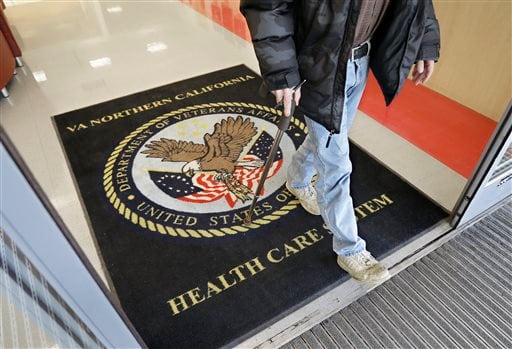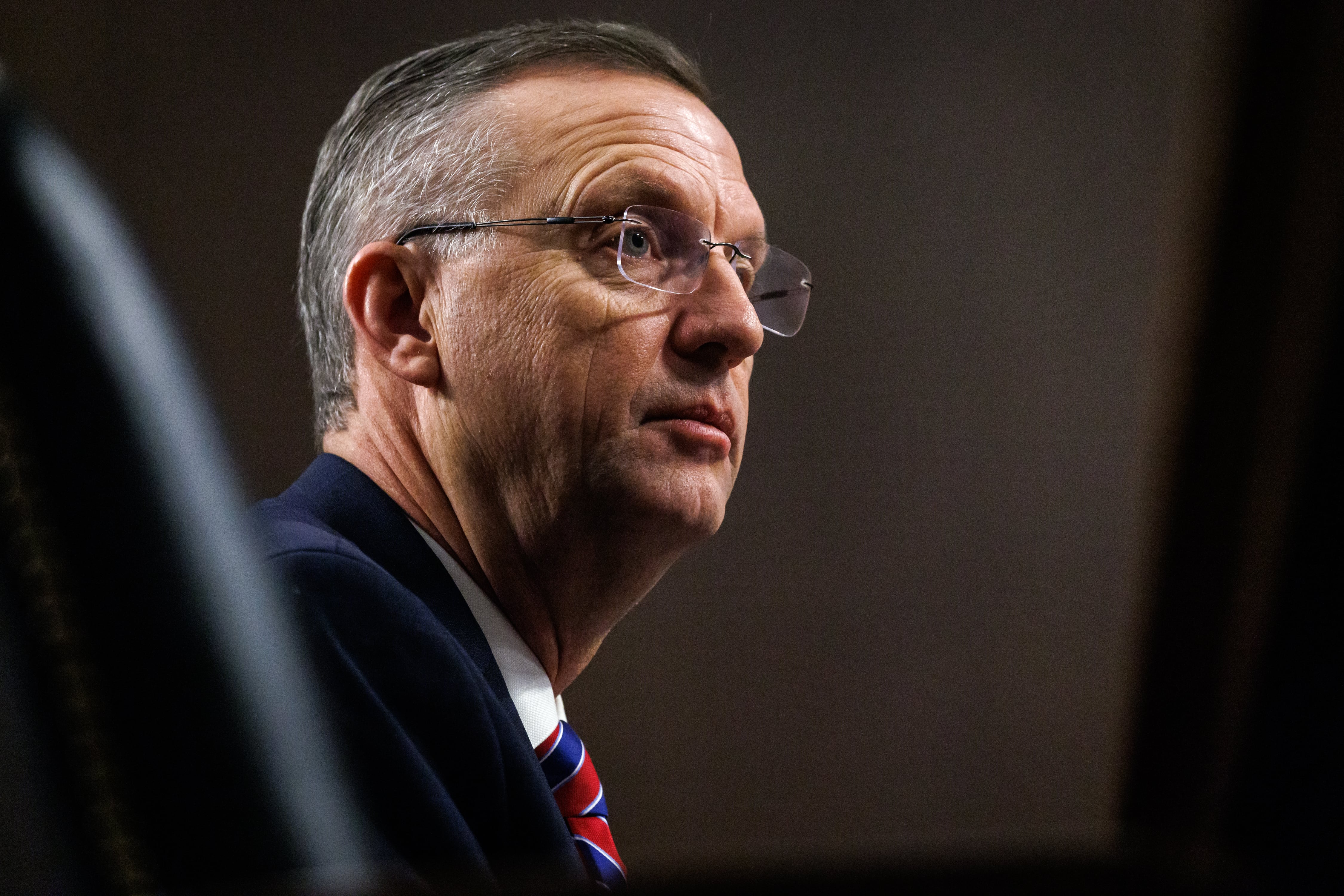President Joe Biden’s administration released a new biodefense strategy Tuesday that it says will help the nation better protect itself against future pandemics and biological threats.
As a part of the plan, the administration is requesting $88 billion from Congress over the next five years to help fund new research and technology, accelerate testing and shorten the timeline to develop vaccines.
“The United States must be prepared for outbreaks from any source – whether naturally occurring, accidental, or deliberate in origin,” a White House release said.
Biological threats, like COVID-19, Ebola or even bioweapons like anthrax, are considered a serious national security concern by the administration for their ability to devastate communities at home and abroad.
The new strategy comes as the Centers for Disease Control and Prevention recommended Thursday adding the COVID-19 shot to the annual adult and child immunization schedule. It also builds off a pandemic preparedness strategy from the year before and the administration’s long-delayed national security strategy, which it released last week.
One of the strategy’s primary goals is to be able develop vaccines within 100 days of an outbreak and then have enough for the entire U.S. population within 130 days.
It also outlines the administration’s interest to grow its healthcare workforce, expand international partnerships for supplying vaccines, strengthen laboratory safety and deter the use and development of bioweapons.
Despite the fact that Congress has not yet signed off on the money to fund the plan, a senior Biden administration official said in a background call to reporters that the government is “already implementing key activities in the national Biodefense Strategy with baseline funding.”
The new biothreat blueprint came just days before a government watchdog published a snapshot report calling for both the Pentagon and the intelligence community to do more to prepare against biological threats.
The U.S. Government Accountability Office release Thursday highlighted three reports it made to the DoD and to the intelligence community earlier this year, citing recommendations that have yet to be implemented, including for the Pentagon to create “an integrated and comprehensive biodefense strategy.”
Secretary of Defense Lloyd Austin directed the Pentagon to effectively do just that last November by launching a “Biodefense Posture Review” that will assess the biological threat landscape.
“There are many things that COVID-19 has taught us. But importantly, one of the important things that COVID has taught us is that we need to be able to move much faster to counter pandemic threats, and we also need to be prepared for completely unknown threats — so not just the things we know, but the things we don’t know,” the senior administration official said.
Jonathan is a staff writer and editor of the Early Bird Brief newsletter for Military Times. Follow him on Twitter @lehrfeld_media





